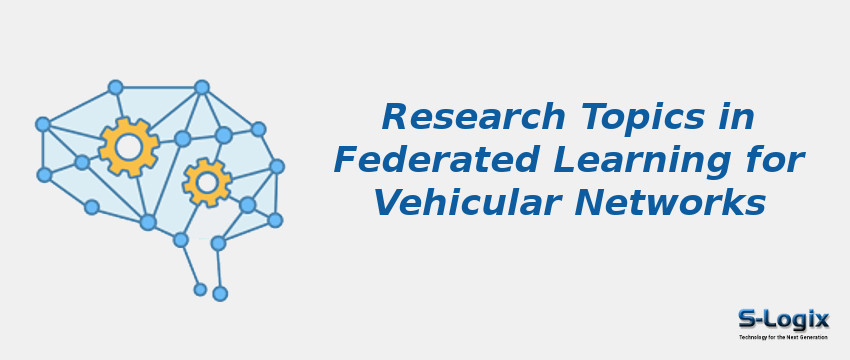Advancement in wireless technologies and the automotive industry potentially lead to the emergence of vehicular networks. Vehicular networks are known as Vehicular Ad Hoc Networks (VANETs) that enable diverse communication between vehicles, drivers, and roadside fixed equipment to monitor and share data to prevent various aspects such as collisions, safety, blind crossing, dynamic route scheduling, road congestion, and traffics. Machine learning models are utilized in vehicular networks due to their model-free characteristics and allowance of a fast adaptive response. Although, machine learning models faces overhead data transmission issue. Federated learning emerged as a proficient tool in vehicular networks.
Federated learning is the decentralized approach for distributed data that trains the learning models across diverse edge devices and servers while preserving the data without sharing them. Federated learning in vehicular networks prevents the transmission overhead of data with data privacy by only sharing the local model updates instead of whole data.
Some of the real-world applications of federated learning in vehicular networks are autonomous driving and traffic management via infotainment and route planning. Major challenges of federated learning in vehicular networks are data labeling and model training and communications points of view, such as data rate, reliability, transmission delay, privacy, and resource management.
